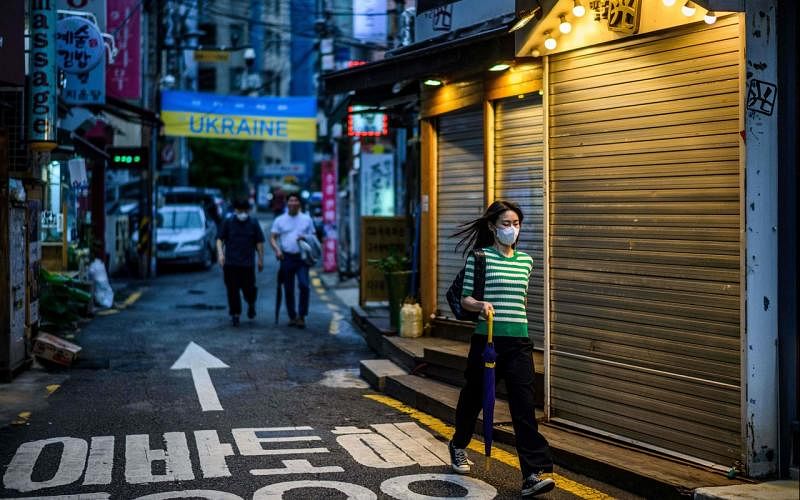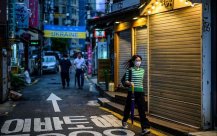
(Morning News) In view of the recurrence of crown disease in South Korea, the South Korean government has decided to tighten epidemic prevention measures.From now on (July 25), passengers entering South Korea must receive nucleic acid testing within 24 hours of entry.If time is not allowed, nucleic acid detection must be received the latest day of the entry.
Yonhap News Agency reported that in June, South Korea has stabilized the entry testing regulations due to the epidemic, allowing passengers to receive nucleic acid testing within 72 hours of entry.Due to the increase in new cases in a single day, the epidemic prevention measures are tightened again after nearly a month.
South Korean citizens or long -term residences of foreigners can receive nucleic acid testing for free at the health station where the residence is located.Officials recommend that short -term residence for foreigners at the quarantine center in the airport is tested at their own expenses.
The epidemic prevention department also recommends that the immigration personnel are sampled at home or stay at home until the test report is released; on the sixth and seventh day of entry, the entry personnel must receive rapid antigen testing.The detection results must be registered in the pre-entered system (Q-Code) in the quarantine information, and the Q-Code information is synchronized with the database of the local sanitation station.
In addition, the current entry personnel must show the nucleic acid negative report within 48 hours before entering South Korea, or the rapid antigen negative report within 24 hours.However, if the epidemic continues to deteriorate, the South Korean government considers only accepting the in -nucleic acid test negative report.
At the same time, starting from the 25th, only non -contact visit is allowed to be allowed.




